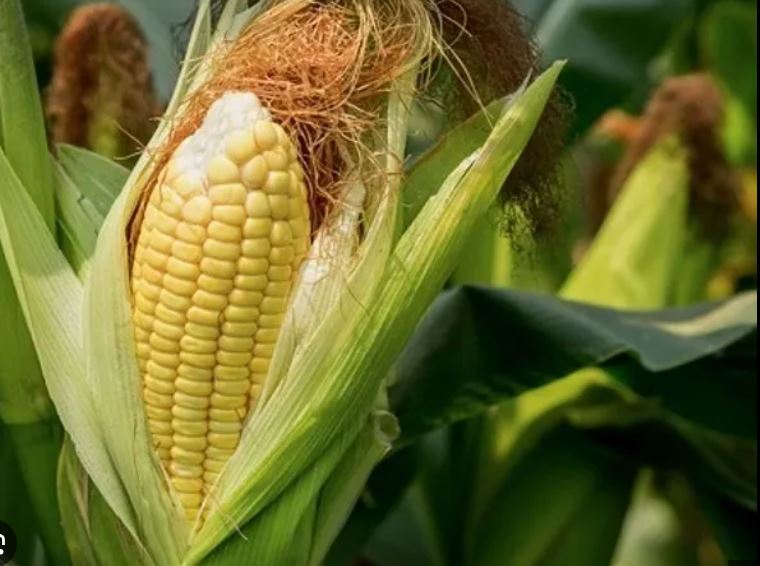As part of efforts to boost maize production and increase yield per hectare, the Federal government has approved the commercial release of transgenic insect-resistant and drought-tolerant maize varieties, known as TELA maize.
The approval was granted by the National Committee on Naming, Registration and Release of Crop Varieties, Livestock breeds/Fisheries (NCNRRCVLF) at its 33rd meeting held at the National Centre for Genetic Resources and Biotechnology (NACGRAB), Ibadan, Oyo State
Stakeholders who spoke in different interviews with the press expressed satisfaction over the new maize varieties saying it will boost food sufficiency and improve wealth creation.
Speaking with newsmen, the IAR Executive Director, Prof Ado Yusuf, said “IAR is very proud of our scientists who are addressing the maize productivity challenges in the country and beyond.
These varieties have undergone thorough research and have been developed using the tools of biotechnology over several years of continuous testing and revalidation.”
The AATF’s Executive Director, Dr Canisius Kanangire, noted that the release of TELA Maize in Nigeria will contribute to food and nutrition security in line with the Federal Government’s Agricultural Transformation agenda.
“AATF reaffirms unwavering commitment to addressing challenges faced by farmers across the continent.”
Professor Garba Sharubutu, the Executive Secretary, Agricultural Research Council of Nigeria (ARCN) said the approval of the TELA Maize variety in Nigeria is a critical milestone that confirms the potential of biotechnology in ensuring food and nutrition security, and improved livelihood of farming households in Africa.
Prof. Mustapha Abdullahi, Director-General, National Biotechnology Development Agency (NABDA) celebrated the release saying that, with the advent of TELA Maize, farmers will reduce the use of pesticides on maize to the bare minimum which is beneficial to humans, livestock, and environment.
Expressing further satisfaction, the TELA Maize Project Manager, Dr Sylvester Oikeh, celebrated the decision by Nigeria by calling on other countries in Africa to act for farmers.
“I am encouraged by this decision by the Federal Government of Nigeria that reflects their commitment to the needs of farmers. I congratulate the scientists for their hard work and dedication that has seen the product getting closer to farmers and look forward to other countries making similar decisions for the good of the farmer,” he said.
However, the four varieties approved by the NVRC are, SAMMAZ 72T, SAMMAZ 73T, SAMMAZ 74T, and SAMMAZ 75T.
The new maize varieties are drought tolerant and are resistant to stem-borer and fall armyworm resulting in a yield advantage of up to 10 tonnes per hectare under good agronomic practices. The national average for similar hybrids is 6 tonnes per hectare.
The varieties are suitable for Rain Forest, Guinea, and Sudan Savannas Stem-borer reduces maize production in several countries in Africa, while fall armyworm can destroy up to 20 million metric tons of maize in Africa each year, enough to feed 100 million people.
Furthermore, the Institute for Agricultural Research (IAR) Samaru, Ahmadu Bello University Zaria through the TELA Maize Public-Private Partnership coordinated by AATF led the development of the improved varieties.
The TELA Maize Project is currently being implemented in 5 countries – Ethiopia, Kenya, Mozambique, Nigeria, and South Africa.
The other partners in the TELA Maize project include National Agricultural Research Institutes in Kenya, Mozambique, Ethiopia, and South Africa, International Maize, and Wheat Improvement Center (CIMMYT), Bayer, with funding from Bill and Melinda Gates Foundation and USAID.

